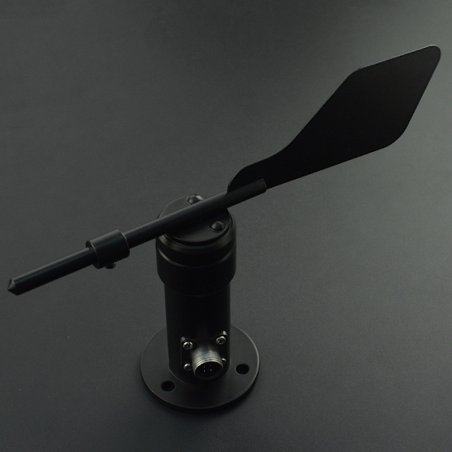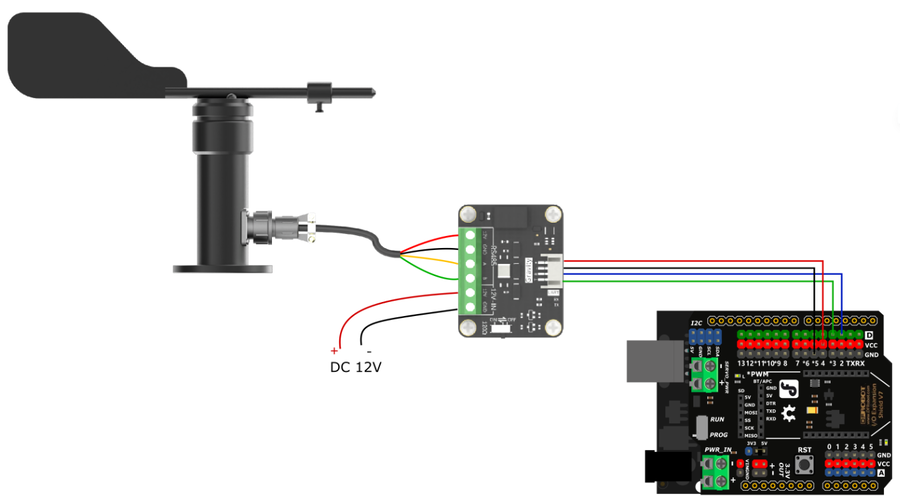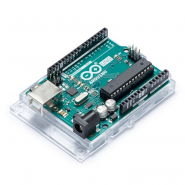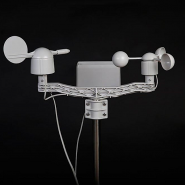







The wind direction sensor (also known as wind vane) is a professional meteorological instrument used to measure horizontal wind direction. It integrates a hall sensor inside.
If you want to know more about this product, please check out his Wiki Page.
If you have any questions on this product please feel free to contact us.
*Disclaimer: The images are merely illustrative.
The wind direction sensor (also known as wind vane) is a professional meteorological instrument used to measure horizontal wind direction. It integrates a hall sensor inside. The shell and weather vane are made of aluminum alloy material and use special mold precision die casting process, featuring small dimension tolerance and high surface accuracy. The sensor internal circuit is protected, which makes the sensor have the properties of high strength, weather resistance, anti-corrosion, and waterproof. The cable connector adopts corrosion-resistant military plug that ensures the long service life of the product.
A low-inertia wind direction sensor is used to sense the wind direction. When the wind direction changes, the tail wing rotates to drive the axle magnet to rotate through the shaft, thereby obtaining accurate wind direction information. It can detect the 16 natural wind directions. This sensor with high cost performance can be widely used in meteorology, ocean, environment, airports, ports, laboratories, industry, agriculture and transportation.
How does a wind vane work?
1. Wind Vane: The nose of the vane always points into the wind direction. This is because the wind applies a force on the flat surface of the vane, causing it to rotate until it aligns with the wind direction.
2. Signal Conversion: Attached to the vane is either a potentiometer or a magnetic sensor. This device converts the rotational movement of the vane into an electrical signal.
3. Signal Processing: The electrical signal is then processed to determine the wind direction.

Connection Diagram of RS485 Wind Direction Sensor, RS485 to UART Signal Adapter Module and Arduino Uno

Dimension Diagram of RS485 Wind Vane
High measurement accuracy, fast response, and good interchangeability
Easy to install and operate
High sensitivity: start-up wind speed ≤ 0.3m/s
Suitable for various harsh environments, strong wind resistance
Measuring Range: 16 directions & wind direction of 360°
Start-up Wind Speed: 0.3m/s
Lead Length: 2.5m/8.20"
Power Voltage: 7-24V
Communication Protocol: RS485 interface Modbus protocol
RS485 Wind Direction Transmitter x1
2.5m Wire x1
Related products


The wind direction sensor (also known as wind vane) is a professional meteorological instrument used to measure horizontal wind direction. It integrates a hall sensor inside.
If you want to know more about this product, please check out his Wiki Page.

